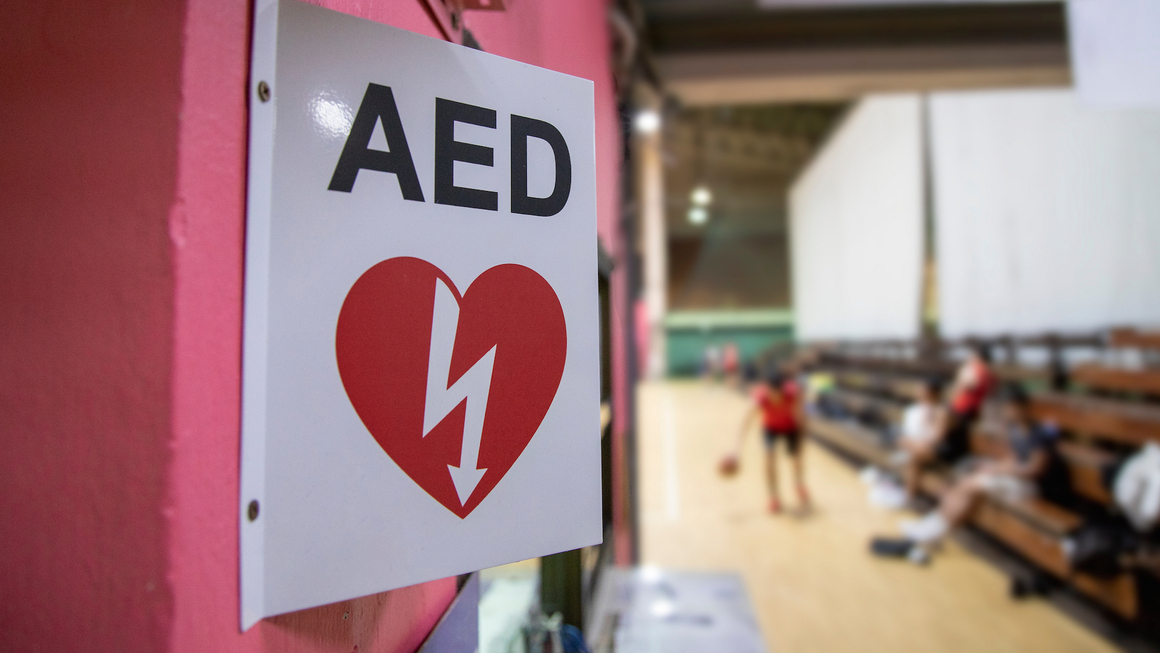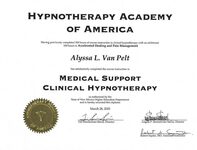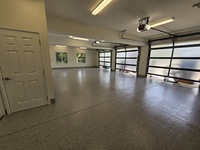Citing the importance of AEDs for employees and workers, AED consultant Jeroen Camies from AEDmaster, says the time has come to make AED part of our safe and healthy work environment across the Netherlands.
AED or Automatic External Defibrillator is essential to every factory and office. But the Working Conditions Act, 1999, has never made it mandatory as yet.
Owing to a continuous rise in sudden cardiac cases at workplaces, employers must have AEDs at their offices to provide a healthy working environment to all employees.
A research report by the Hartstichting and HartslagNu concluded that there is an acute shortage of AEDs across the Netherlands. Not too many employers have the necessary awareness about it. Placing AED in company premises can contribute to the local safety and national coverage of AEDs.
The Working Conditions Act envisaged some essential rules to ensure the safety of workers and employees at workplaces. For example, fire extinguishers, escape routes and emergency response officers must be present in the building.
“It’s ironic that the act doesn’t emphasise much on the importance of placing AEDs in offices. More than 17,000 workers and employees suffer a cardiac arrest every year. In many such cases, a person can be saved by providing them with the initial fast-aid with a defibrillator on time.Why does the government not encourage companies that have an AED kopen through a subsidy? With this, the Dutch government is also not taking its responsibility,” Jeroen Camies from AEDmaster explained.
A company also needs to hire a technician who can efficiently operate AEDs in times of emergency. Being an emergency medical device, someone from a medical background and with experience of operating such devices should be appointed. AEDs may differ in colour, design, and functions. So the Working Conditions Act needs to include uniform guidelines and SOPs (Standard Operating Procedures) for using AEDs.
In a crisis situation, training is the key to success. Adequate training and expertise in handling AEDs can help the technician work with a cool head and save a patient who needs urgent emergency treatment. Without sufficient training and instructions, it would be difficult for anyone to operate an AED and may also endanger the life of a person who suffered a cardiac arrest at his workplace.
AEDs can be different, but most of them perform the same functions. So the authority needs to implement uniform guidelines for the installation of AEDs at workplaces. Not just training, AED operators or technicians should be also provided with an opportunity to upgrade their skills in AED operation from time to time. In this regard, timely intervention by the higher authority is required.
In the Netherlands, you can choose from two quality marks: the FDA quality mark and the CE mark. Some renowned AED brands are Defibtech, Zoll, Philips and HeartSine.
Though AED is not mandatory, employers must consider placing it at their offices for the safety of their personnel. It applies to all companies, organisations, clubs, schools, colleges, and factories.
Any employer or Human Resource Head can start placing AEDs at offices and factories for the safety of their personnel and people within the premises. Investing a few bucks on AED equipment and training can give a new life to people who may need emergency medical care during a sudden cardiac attack.
Register on AED in de buurt on HartslagNu, and contribute to the national coverage of AEDs.
Media Details -
Company - AEDmaster
Email - [email protected]
City - Groningen
Country - Netherlands







